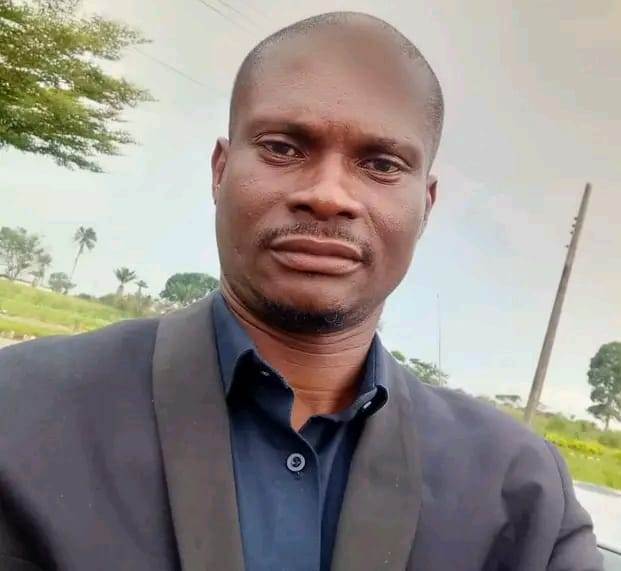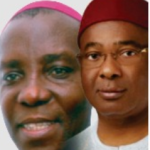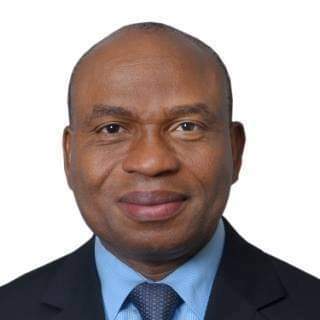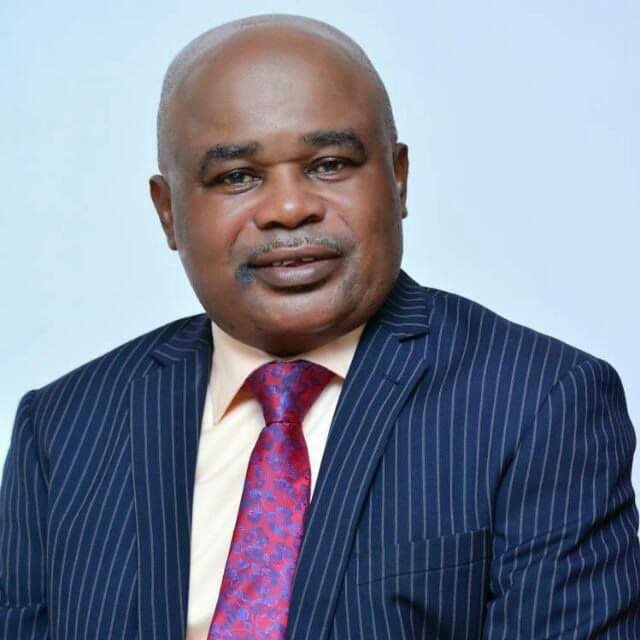The Nigeria Watchdog Newspaper will, with effect from Thursday feature an in-depth and incisive weekly article captioned, “The Peoples’ Economy” that will be anchored by Dr Desmond O. Echeta, a seasoned academic, renowned economist and author of many books.
Dr Echeta, a holder of three Doctorate Degrees, who was a lecturer at the Imo State Polytechnic, Umuagwo, is currently a lecturer at the University of Agriculture and Environmental Studies, Umuagwo. He has delivered lectures in several academic circles and published articles in numerous reputable journals within and outside the country.
The People’s Economy which will henceforth be published weekly (Thursday) in the Nigeria Watchdog Newspaper will x-ray economic issues through the lens of everyday people including;
Cost of living: Rising food prices, rent, healthcare, fuel, energy etc.
Wages and jobs: Minimum wage debates, job security, the informal sector and the formal sector.
Inequality: How wealth and resources are distributed and how it affects ordinary lives.
Access to finance: Microloans, mobile banking, and community savings groups.
2. Policy and Governance Impact
National budgets and fiscal policies: Simplify complex budgets and show their real-life impact.
Public spending(Education, health etc): Where is the money going? Who benefits?
Tax justice: Who pays more and who escapes responsibility?
3. Citizen Participation and Voice
Community-led initiatives: Spotlight local solutions to economic challenges.
Economic inclusion: Entrepreneurship ,Women, youth, persons with disabilities, and marginalized groups in the economy.
Grassroots advocacy: How movements shape economic policy.
4. Corporate Accountability & Market Power
Big business vs small enterprises: Who’s thriving and who’s being left out?
Consumer rights: Fair prices, product quality, and ethical practices.
Monopoly & influence: Corporations influencing economic decisions at the top.
5. Alternatives to the Status Quo
Cooperatives and solidarity economies
Universal Basic Income (UBI), social protection policies
Green and regenerative economies
Informal economies and their value
6. Global-Local Connections
How global economics trickles down locally — e.g., debt, aid, trade policies.
South-to-South economic models and lessons”.








